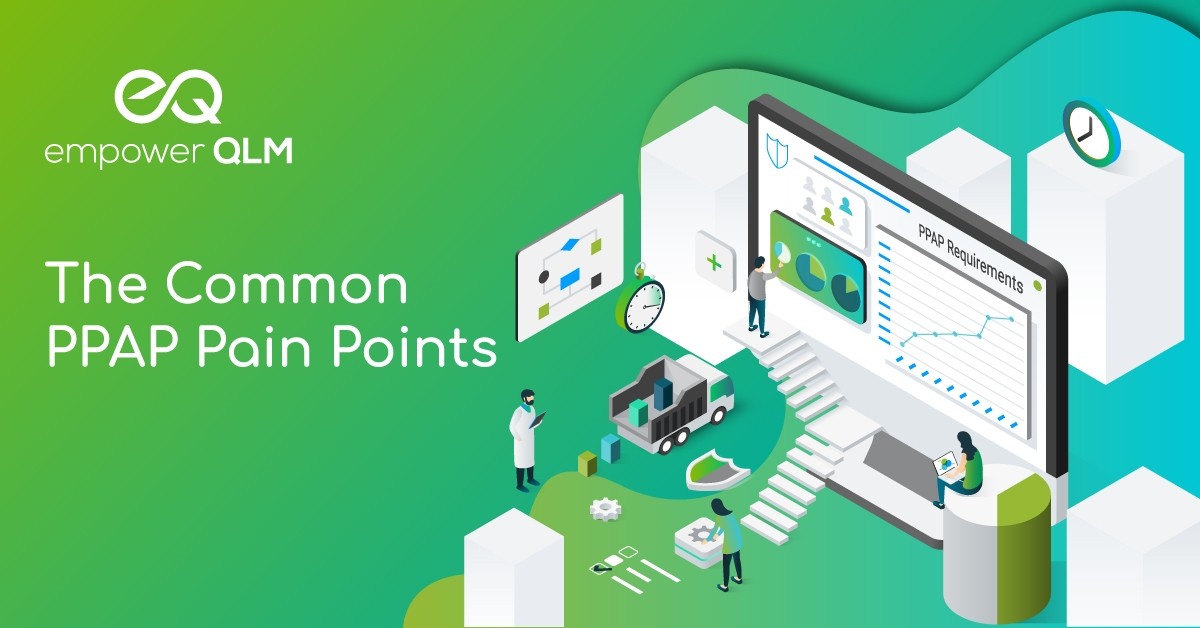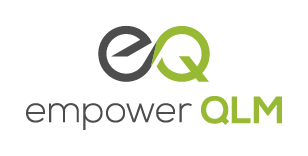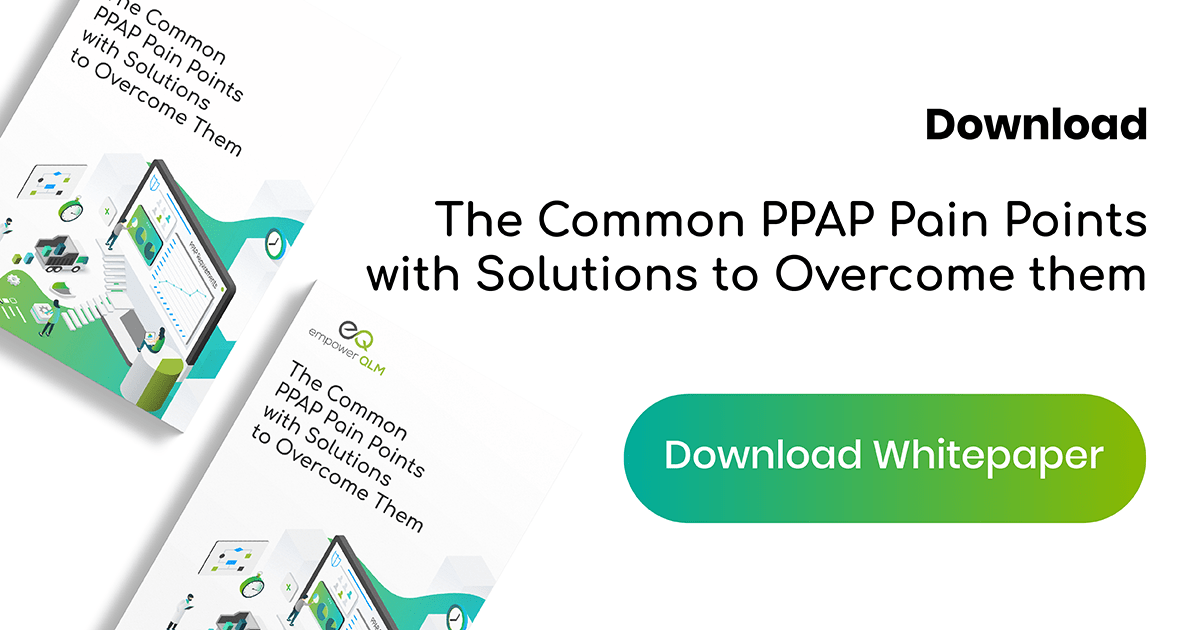
The Common PPAP Pain Points
It is true, the production part approval process (PPAP) can be overwhelming for organizations that are inexperienced in fulfilling certain supply chain requirements.
The goal of PPAP is to eliminate quality issues before, during, and after manufacturing across the supply chain. However, PPAP challenges can be tracked back to these key problems within an organization:
- Organizations do not fully understand the PPAP elements.
- Organizations are uncertain of where to begin or how to plan for PPAP.
- Organizations are unequipped with the proper technology to fit the unique requirements.
Often, internal operations are put into question as they lack adequate resources, processes, and technology in place for PPAP. Here are the common PPAP pain points organizations experience.
PPAP Pain Points
The common PPAP pain points can be categorized into 3 operational functions:
- Technology
- Time & resources
- Capability
Insufficient Technology
Technology Pain Points:
- Too many documents involved in the process leads to insufficient document control.
- Lack of technology to hold PPAP data.
- Difficult to standardize procedures across the global supply chain.
Without the right QMS technology in place, a misalignment occurs across design requirements, DFMEA, process flow diagrams, PFMEA, and control plans. By using antiquated technology to manage documents, files easily become hard to locate.
Empower QLM is a cloud-based QMS built for PPAP management. The platform features a document management tool to securely-store all PPAP documents with full traceability. It also allows suppliers and manufacturers to create, coordinate, distribute, and review documents. With easy accessibility, documents can be exchanged and viewed in real-time making it simple to standardize processes through custom workflow.
Demanding Time & Resources
Time & Resources Pain Points:
- Infrastructure constraints and shortage of resources to implement the PPAP.
- Time consuming, burdensome on the entire supply chain.
- Lack of time management/time allocation incorporated in the project plan to accommodate PPAP.
- Increased expenditures and resource allocation associated with the process.
Without having the proper expertise on APQP requirements or tools to proactively work through project plans, suppliers are in jeopardy of having faulty PPAP submissions.
With Empower QLM, suppliers can proactively identify all items impacted by modifications to PPAP documentation. The tool provides complete visibility across the supply chain for clear communication through automation, incremental steps, and smart update notifications. In addition, Empower QLM’s team of quality experts provide PPAP consulting to help suppliers decrease expenses and support project deliverables.
Capability Limitations
Capability Pain Points:
- PPAP is dependent on technical documents and drawings to begin.
- Record of materials is demanding as it is difficult to get all the information.
- Lack of understanding of PPAP and compliance.
- Unfamiliar with the required elements per industry requirements (i.e. automotive or aerospace).
Suppliers that face capability limitations and repeat problems experience onerous stresses on logistics and daily operations. All stakeholders need to be invested in quality assurance and supply chain success.
Empower QLM uses technical documents and drawings to automate PPAP as much as possible through the platform. Empower QLM also provides services to help parties collect information and submit information. For production teams that are unfamiliar with the formalities around PPAP, Empower QLM offers onsite and remote training solutions.
About Empower QLM
Empower QLM is a cloud-based quality management system (QMS) for total quality lifecycle management (QLM). The technology allows customers and suppliers to align supply chain management strategies with manufacturing quality through full workflow automation and digital transformation. In addition, the tool is the only QMS on the market that enables PPAP automation as result of APQP. It establishes compliance with industry-specific standards across the automotive, aerospace, defense, medical, locomotive, and energy & power generation sectors. From product conception through manufacturing, Empower QLM provides complete transparency by connecting all relevant parts of the supply chain. Empower QLM has been adopted by many OEMs, Tier 1, and Tier 2 suppliers as a proven collaboration technology for quality lifecycle management.

